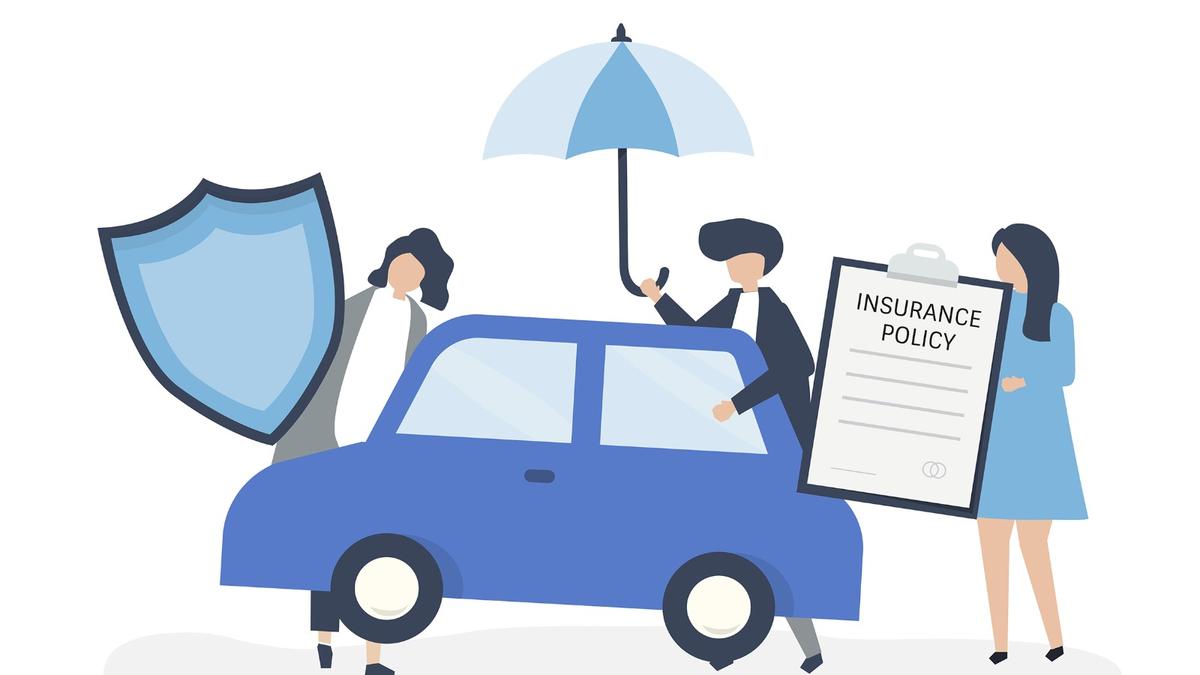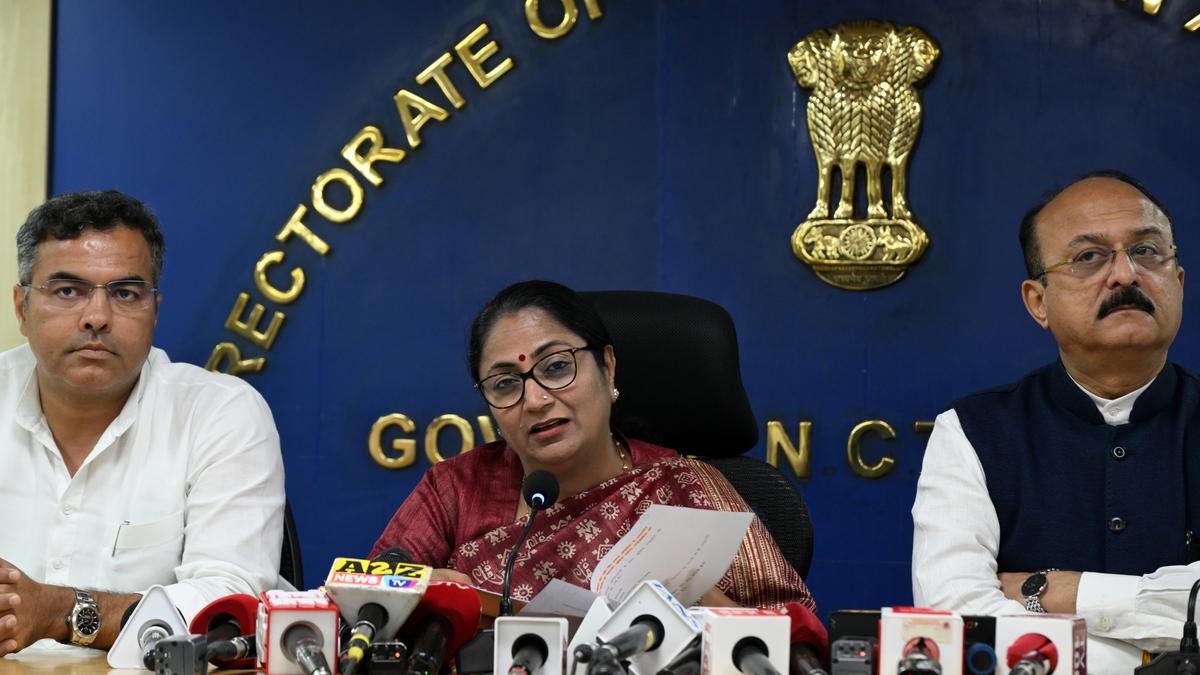
People can very genuineness of vehicle insurance policies online, by scanning QR code and other methods.
| Photo Credit: Graphic: M. VENKAT RAO
The story so far: Earlier this year, Telangana police uncovered two major fake vehicle insurance rackets operating out of Shamshabad and Shabad in Hyderabad. Seven unauthorised agents were arrested and several forged policies under the name of trusted insurers including Reliance General, Bajaj Allianz, HDFC Ergo, ICICI Lombard, and Tata AIG were seized. Investigations revealed that these operations had been active for at least three years, targeting thousands of commercial vehicle owners. The scam has since spread, with new cases surfacing in Devanpally, Gandhari, and Kamareddy. As demand for motor insurance grows, the problem is only deepening, with cases being reported in Tamil Nadu, Kerala, Madhya Pradesh, Rajasthan, and Gujarat. Telangana alone is reporting at least ten fake policy cases every month. Worse, experts suggest that over 50,000 counterfeit policies are already in circulation across the Telugu-speaking states.
Many vehicle owners are discovering too late that their insurance policy is invalid, offering no protection in the event of an accident, injury, or claim.
Why are so many individuals falling prey to fake vehicle insurance policies?
In the rush to meet registration deadlines or renew lapsed policies quickly, many vehicle owners—especially commercial vehicle owners—end up trusting unauthorised agents, roadside offices, or flashy online deals. A key attraction is the promise of ultra-low premiums, which appeals to cost-conscious customers trying to meet mandatory insurance requirements without spending much. The offer: instant documentation at a bargain price. The reality: people were sold forged policy documents with no legal backing. Fraudsters take advantage of urgency, limited awareness, and misplaced trust, often issuing fake receipts and counterfeit documents that appear legitimate at first glance.
How can an individual verify whether a vehicle insurance policy is genuine or not?
There are several ways to verify the authenticity of a policy. The most direct approach is to visit the official website of the insurer and use the “Policy Verification” or “Customer Portal” feature to input the policy number or vehicle details. Most modern policies also include a QR code—scanning it with a smartphone should redirect the individual to the insurer’s digital records. For full confirmation, it is advisable to contact the insurance company’s official customer service via phone or email. If the policy details are not found in the insurer’s database, it is a clear sign that the document is fraudulent.

What warning signs should a customer look out for when buying vehicle insurance?
Red flags include agents who demand cash payments, promise immediate policy issuance without any documentation, or fail to provide official receipts. Genuine insurance policies come with digital confirmation, verifiable receipts, and mandatory Know Your Customer (KYC) compliance. Payments should always be made through secure channels such as credit/debit cards, UPI, or bank transfers to ensure a traceable transaction. Avoid clicking on WhatsApp links or purchasing from unknown websites. It is advisable to ask for agent’s IRDAI registration number—and verify it online if needed.
What is the safest method for purchasing a vehicle insurance policy?
The safest route is to purchase insurance directly from the insurer’s official website or through IRDAI-authorised agents and brokers. Government websites like the IRDAI (www.irdai.gov.in) or the Vahan portal can help verify agent credentials and track insurance status. The customer must ensure that the policy is issued in their name with accurate KYC details, which serve as a critical legal safeguard.
What are the consequences if an individual holds a fake vehicle insurance policy?
Possessing a fake policy is equivalent to having no insurance at all. In the event of a road accident, the individual will not receive any compensation for vehicle damage, medical expenses or liability coverage if someone else is hurt. In severe cases involving injury or death, the absence of a valid insurance policy can lead to prolonged legal battles, financial hardship, or even criminal charges for driving without valid insurance.
What steps should be taken if someone discovers that their policy is fraudulent?
Immediate action is the key. The individual should immediately contact the insurer for verification and report the issue to IRDAI’s grievance redressal system and the local police or cybercrime cell. It is also important to inform the Regional Transport Office (RTO) if the policy was used for registration. All payment receipts and communication with the agent should be retained to support legal proceedings or refund claims.
What are insurance companies doing to tackle fake vehicle insurance policies?
To combat rising fraud, insurers have ramped up their fraud detection systems, including the introduction of QR codes on policies and KYC verification via mobile number for quick authenticity checks. Customers can also verify their policies via dedicated online portals by entering the policy number. Companies are collaborating with RTOs and local police to fast-track fraud detection and case resolution, while also conducting awareness drives. Regular email alerts and educational resources are also being sent to policyholders to highlight red flags and provide fraud prevention tips.
Published – July 24, 2025 06:14 pm IST



